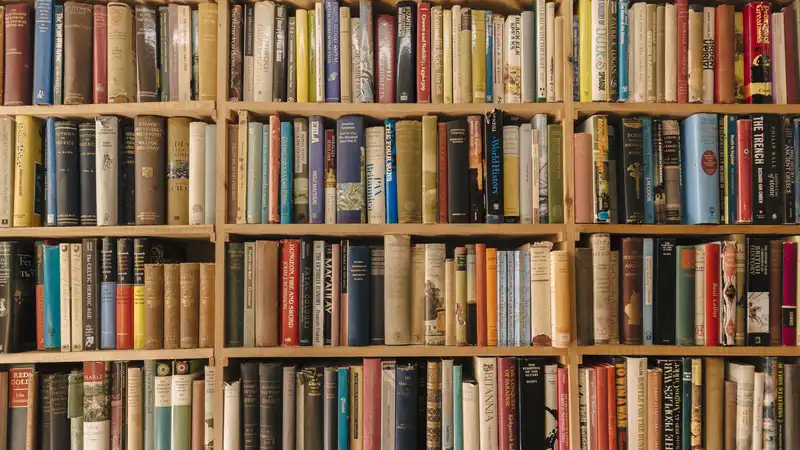The Open Library project run by the Internet Archive has suddenly become much smaller, at least in terms of the number of e-books it can lend out to people around the world. After a U.S. District Court judge ruled in favor of publishers suing the Internet Archive for copyright infringement, the organization was forced to remove access to more than 500,000 books for most users.
In a post on its site, the Internet Archive called the ruling a "devastating loss" (via Ars Technica) and is in the process of appealing the ruling to restore access to all users. The group argues that the service does not affect e-book revenues and does not violate any specific law. At present, users with print disabilities can borrow digital copies of the books in question.
Founded in 1996, the Internet Archive is perhaps best known for the Wayback Machine, the first digital historical record. With over 800 billion web pages preserved since its inception, this non-profit service is a great way to see how the Web has changed over the decades. Over time, the Internet Archive has added more projects, documenting digital scans of software, games, videos, and publications.
The latter eventually spawned the Open Library in 2006, where purchased books can be loaned out as e-books under a managed digital lending (CDL) system. This method has been adopted by many public and academic institutions, lending books to those who cannot borrow physical copies due to location or physical constraints. [In 2020, however, four major publishers (Hachette, HarperCollins, Wiley, and Penguin Random House) claimed that the Internet Archive's actions were affecting the publishers' e-book licensing revenues and that the Internet Archive was violating copyright law and Archive was sued.
In an interview with Publishers Weekly in 2022, Maria Pallante, president and CEO of the Association of American Publishers, said that the CDL is "a baseless justification for infringement and is contrary to copyright law and common sense. In other words, it means that no one can distribute digital pirated copies, whether it is a hardcover book, a vinyl record, or a compact disc.
Two months ago, a federal district court judge in New York ruled in favor of the publishers, rejecting the Internet Archive's argument that lending books in digital format falls under first sale and fair use laws. The plaintiffs consisted of four publishers, but about 40 other publishers were also subject to the lawsuit, and the judge's decision removed access to more than 500,000 books in the Open Library's database.
If the appeal is unsuccessful, it is almost certain that other publishers will consider taking legal action against the Internet Archive.
Chris Freeland, Director of Library Services at the Internet Archive, blogged last week, "The potential impact of this lawsuit goes far beyond the Internet Archive. This is a fight for all libraries and for the fundamental right of access to information that is the cornerstone of a democratic society."
The publishers' position on this particular issue is unclear, but one thing is clear. They intend to fight tooth and nail to ensure that all e-book libraries continue to pay licensing fees for all published works.


Comments